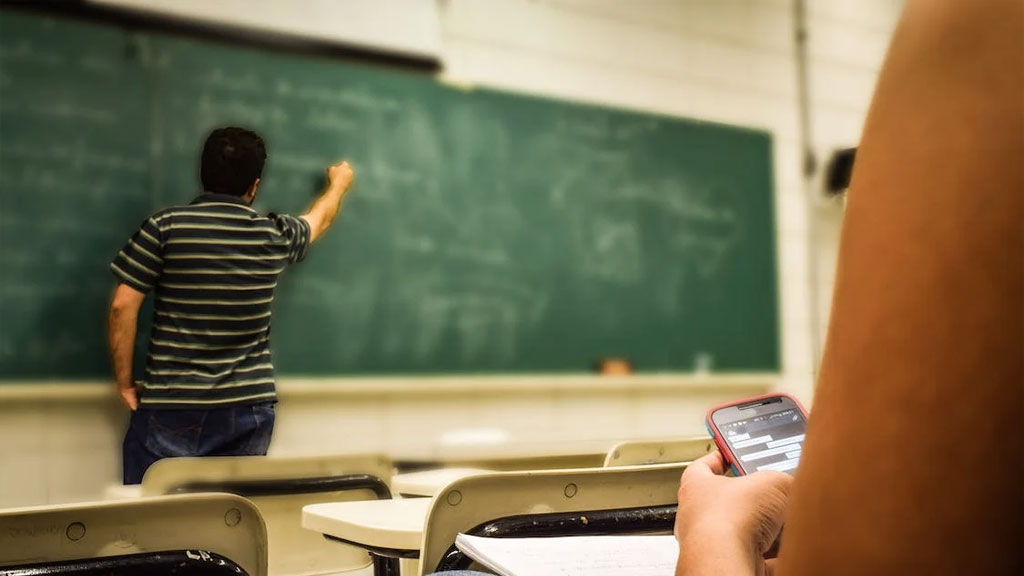Introduction:
Education goes beyond textbooks and classrooms; it’s about preparing students to be active, responsible, and engaged citizens. One powerful way to achieve this is through service-learning and community engagement. These approaches empower students to learn by doing, connect with their communities, and make a positive impact on society. In this blog post, we’ll explore the concept of service-learning and community engagement and how they can transform students into informed, compassionate, and socially responsible individuals.
Service-Learning: A Dynamic Educational Approach
a. Definition: Service-learning is an educational approach that combines academic learning with community service. Students engage in meaningful projects that address real community needs while also deepening their understanding of course material.
b. Hands-on Learning: Service-learning allows students to apply what they’ve learned in the classroom to real-world situations. This practical experience enhances their comprehension and retention of knowledge.
c. Developing Empathy: Working directly with individuals or groups in need fosters empathy and a deeper understanding of the challenges faced by others. This empathetic perspective is invaluable for personal growth and social awareness.
Community Engagement: Building Stronger Communities
a. Active Citizenship: Community engagement encourages students to actively participate in civic life. It empowers them to take responsibility for their communities, advocate for change, and contribute to the common good.
b. Problem-Solving Skills: Engaging with community issues challenges students to think critically and develop problem-solving skills. They learn to identify root causes, assess potential solutions, and collaborate with others to bring about positive change.
c. Leadership Development: Community engagement opportunities often allow students to take on leadership roles, fostering leadership skills that will serve them throughout their lives.
Benefits of Service-Learning and Community Engagement
a. Personal Growth: Service-learning and community engagement can lead to personal growth, increased self-confidence, and a sense of purpose. Students often report a greater sense of fulfillment and happiness.
b. Academic Excellence: Research has shown that students who engage in service-learning tend to perform better academically. The practical application of knowledge reinforces classroom learning.
c. Global Awareness: By engaging with diverse communities and global issues, students develop a broader worldview and become more culturally sensitive and globally aware.
d. Networking and Career Opportunities: Community engagement can lead to valuable networking connections and career opportunities. Employers often value candidates with a strong commitment to social responsibility.
Implementing Service-Learning and Community Engagement
a. Curriculum Integration: Schools and universities can integrate service-learning into their curriculum by identifying courses where community engagement is relevant and aligning projects with learning objectives.
b. Partnerships: Collaboration with local organizations, nonprofits, and community groups is key. Establishing partnerships ensures that service-learning initiatives address genuine community needs.
c. Reflection and Assessment: Encourage students to reflect on their service experiences, connecting them to course content and personal growth. Assess their learning and the impact of their service projects.
Conclusion:
Service-learning and community engagement are powerful tools for empowering students to become active, informed, and compassionate individuals. By combining academic learning with real-world experience and encouraging active citizenship, educational institutions can prepare students to make a positive impact on their communities and the world beyond. These approaches not only enhance academic excellence but also contribute to the development of responsible and socially conscious global citizens.
- By admin

